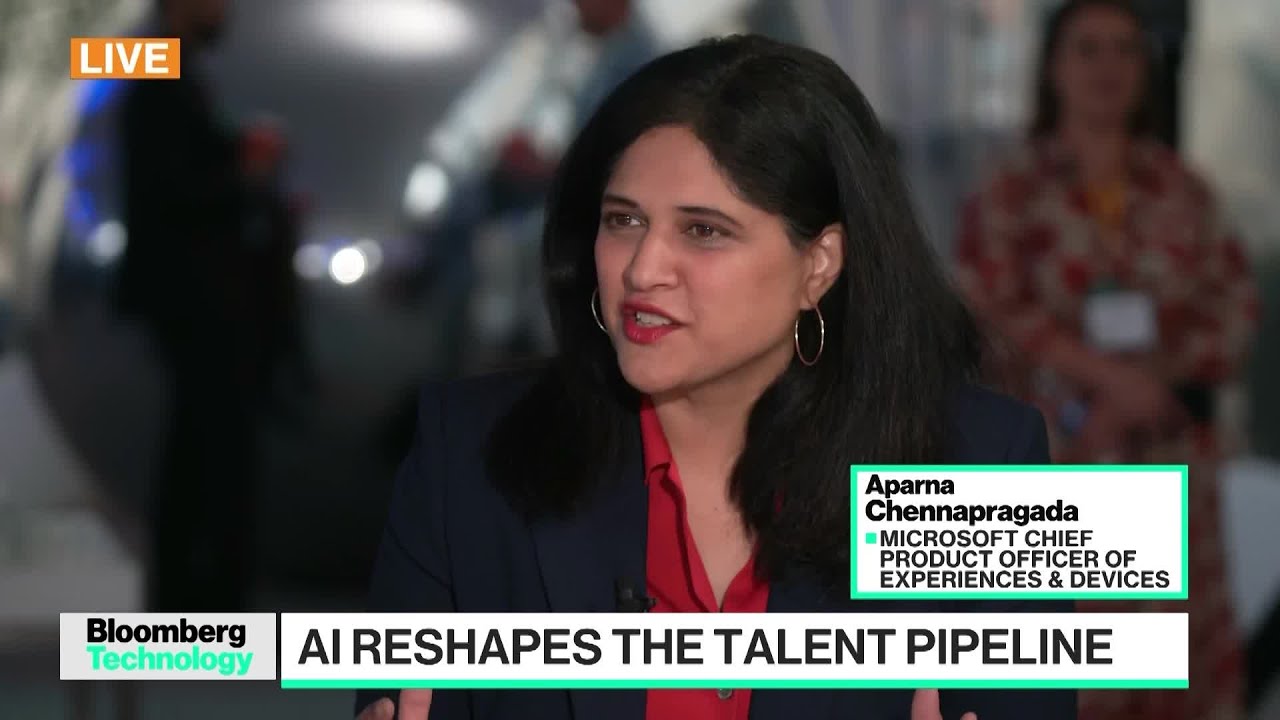The Microsoft Chief Product Officer highlights that AI is still in its early stages, with significant potential to transform workplace productivity through tools like Copilot and advanced reasoning models, making AI accessible and beneficial for both organizations and individuals. He emphasizes the importance of secure, trustworthy deployment and encourages active experimentation and strategic integration of AI as a core part of organizational innovation.
The Microsoft Chief Product Officer discusses the current state of AI integration within the workplace, comparing it to the early days of the internet in 1995. He emphasizes that we are still in the very early stages of the AI shift, with significant potential for transforming knowledge work by enhancing efficiency and automating workflows such as summarizing documents and meeting notes. He shares a personal experience of using Copilot on a Windows laptop for 30 days, highlighting how these tools are primarily being adopted within organizational contexts to improve productivity.
He explains that AI tools like Copilot are broadly useful across both organizational and individual levels, serving as digital assistants that help streamline tasks and improve efficiency. The focus is on enabling every employee to have access to these AI-powered assistants, which was previously unaffordable at scale. The adoption is driven by the tangible benefits of saving time and money, making AI an integral part of daily work routines, especially in meetings where Copilot can take notes, track action items, and keep discussions on track.
The conversation shifts to the evolving role of AI from mere efficiency gains to enhancing effectiveness through advanced reasoning capabilities. The introduction of models like the Researcher agent exemplifies this shift, acting as a super-smart chief of staff that can scour the web, retrieve relevant information, and even access historical data such as past emails. This level of deep reasoning and information synthesis provides users with “superpowers,” significantly boosting their ability to make informed decisions and prepare for meetings with comprehensive insights.
Regarding Microsoft’s relationship with OpenAI, the speaker notes that it is a long-term, mutually beneficial partnership. Microsoft builds on OpenAI’s innovative models, integrating them into their Azure platform and enabling customers to develop their own agents and workflows. The focus remains on delivering advanced AI capabilities while ensuring they work seamlessly within existing enterprise environments, emphasizing the importance of security, safety, compliance, and governance in deploying these powerful tools.
Finally, the Chief Product Officer highlights that AI adoption is a mix of enterprise-wide initiatives and individual experimentation. He stresses that successful AI integration requires building on secure and trustworthy foundations, which Microsoft prioritizes by innovating at the “speed of trust.” He describes AI tools as a “contact sport” for employees, encouraging active use and experimentation. The most forward-thinking companies are those that treat AI as a core part of their organizational strategy, fostering widespread adoption while maintaining governance and security to ensure responsible innovation.
